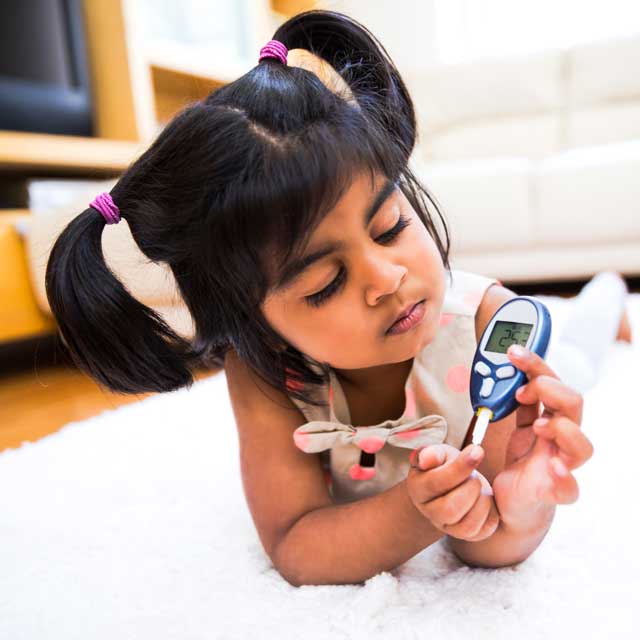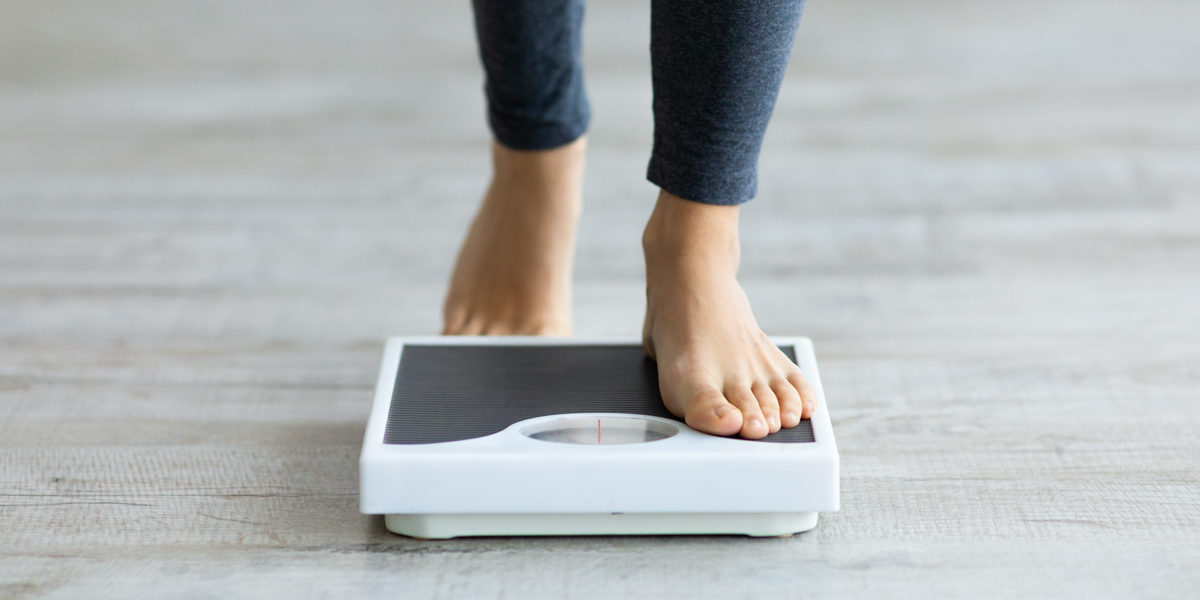Learn how lifestyle changes can reduce your risk for complications from high blood sugar.
Type 2 diabetes and prediabetes are common conditions in the U.S. Though genetics can play a role in their development, these conditions are generally preventable with lifestyle changes. And when these conditions do develop, adequate treatment and lifestyle changes can help reverse disease processes.
If you’ve been diagnosed with either condition, or you and your doctor have noticed that your blood glucose readings from laboratory tests have been increasing, you may be wondering what to do to improve your health.
“The first step is changing lifestyle, which is easy to say but harder to do,” said Dr. Barbara G. Carranza Leon, an endocrinologist at Vanderbilt Diabetes and Endocrinology.
How common is diabetes?
More than 11% of people in the U.S. have some form of diagnosed diabetes, according to the Centers for Disease Control and Prevention. The CDC estimates that another 3.4% of people have undiagnosed diabetes. About 90% to 95% of diabetes cases are Type 2 diabetes.
Additionally, nearly 40% of American adults have prediabetes based on their glucose readings, yet only 19% have been officially diagnosed by a clinician.
“The numbers are rising for both prediabetes and diabetes, especially in the South,” Carranza Leon said. “And this trend has been going on for more than 10 or 15 years, so it’s not new — but it’s getting worse.”
What is diabetes?
The two main types of diabetes are Type 1 and Type 2. Type 1 diabetes is an autoimmune disorder. It cannot be prevented or cured — except in some rare circumstances involving cell transplants.
Type 2 diabetes, however, can be prevented and even reversed with adequate treatments and lifestyle change. Prediabetes develops before Type 2 diabetes. Doctors diagnose these conditions based on lab tests, such as a fasting glucose test, oral glucose tolerance test or a hemoglobin A1C test. These tests reveal how well your body metabolizes glucose, also called blood sugar.
You are at an increased risk for developing Type 2 diabetes if you have prediabetes, obesity, are physically inactive, are 45 or older or have a family history of the condition.
Why is preventing and reversing Type 2 diabetes important?
“Diabetes is linked to blood sugar,” Carranza Leon said. “And the problem is when you have high blood sugar for a long time that can affect different parts of your body.”
For example, high blood sugar can damage your eyes, leading to retinopathy. It can affect your kidneys, leading to kidney disease — in some cases necessitating dialysis treatments or even kidney transplant.
High blood sugar also impacts your cardiovascular system, increasing your risk for heart attacks and strokes. It also affects nerve function, which can lead to the need for amputation.
“Anything we can do to lower blood sugar will help prevent these issues,” Carranza Leon added.
What lifestyle changes help prevent or reverse diabetes?
“The faster you start working on lifestyle changes, the better your overall health is going to be in the future.”
Changing diet and engaging in adequate physical activity are the top lifestyle changes that can help lower your blood sugar.
Carranza Leon said you don’t have to go on a strict diet. However, monitoring portion sizes, reducing your intake of refined carbohydrates and limiting added sugar can help.
Additionally, physical activity helps your body use up excess glucose and metabolize it more efficiently and effectively.
“The faster you start working on lifestyle changes, the better your overall health is going to be in the future,” Carranza Leon said.
Some people with prediabetes or Type 2 diabetes — or even those at a higher risk for developing these conditions — may choose to wear a continuous glucose monitor. This monitor helps you see your glucose level at any time so you can see how different foods or activities affect it.
“I think using one of these devices is going to be the most helpful,” Carranza Leon said, “because they’re going to get immediate feedback.”
In addition to lifestyle changes, some people may need to take blood sugar-lowering medications, such as metformin. Newer medications for diabetes, such as glucagon-like peptide-1 receptor agonists (GLP-1 RAs), can help lower blood sugar and manage weight.
Work closely with your physician and other members of your care team to determine the best course of action for you.

Help with diagnosing and managing diabetes
Diabetes, endocrine disorders and other metabolic disorders affect your hormones and overall health. Vanderbilt Diabetes and Endocrinology can help you reach your best health through a comprehensive approach to your care. Vanderbilt’s program operates within the Eskind Diabetes Clinic, a nationally recognized facility for adult, pediatric and gestational diabetes treatment.




